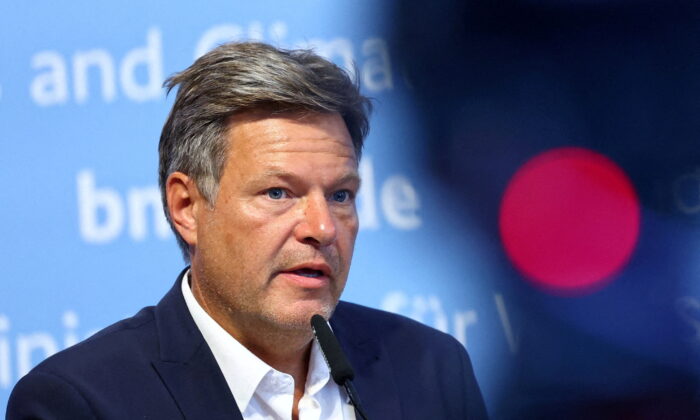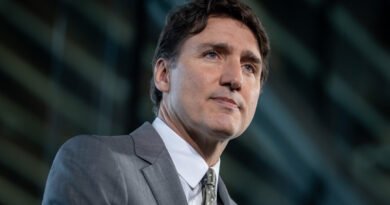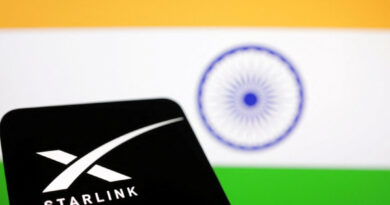Coalition Tensions Mount as Vice Chancellor Warns of Risk of Political Crisis in Germany at Inopportune Moment
According to some experts, Germany’s coalition is teetering on the edge of collapse, with leaders possibly holding off on making any announcements until after the results of the U.S. election.
This week, Germany’s coalition leaders are in crisis talks to avoid a political deadlock, which Vice Chancellor Robert Habeck warned would be detrimental to the country’s stability.
The coalition, consisting of the Social Democrats (SPD), Greens, and Free Democratic Party (FDP), is under increasing pressure due to disagreements on economic priorities.
The FDP proposed in a document (which they claim was accidentally disclosed) to postpone certain net-zero goals by five years.
However, Greens co-leader Omid Nouripour stood firm on climate goals, rejecting any compromises.
On Monday, ahead of a cabinet meeting to discuss economic measures, Habeck, who also serves as the Green federal minister for Economic Affairs and Climate Action, acknowledged making a significant concession to stabilize the coalition.
If the budget is not managed effectively, Germany could face a prolonged deadlock at a critical time, delaying essential economic recovery efforts.
Habeck hinted at reallocating 10 billion euros earmarked for Intel’s chip-making plant to address budget issues. The tech giant had announced a two-year pause in construction at its Magdeburg project in September.
‘Brink of Collapse’
The current parliamentary term ends in September next year, but there are speculations that the coalition might crumble sooner.
Richard Schenk, a researcher at MCC Brussels, believes the coalition is close to collapse, with reports suggesting an announcement could come as early as Wednesday or Thursday.
Concerns over global politics and the U.S. election outcomes are delaying the decision, indicating that the situation is precarious.
Germany’s economy, the largest in Europe, is predicted to face stagnation or recession for a third consecutive year.
Instability
A potential collapse could result in Chancellor Olaf Scholz leading a minority government that relies on ad-hoc parliamentary support.
The SPD and Greens lag behind their 2021 election results, while the FDP risks falling below the parliamentary threshold.
At the same time, conservative opposition parties lead in national polls, with the AfD at 16 percent.
Scholz emphasized the need to focus on jobs and the economy.
‘Change Course Quickly’
On October 31, German business organizations expressed concerns about the country’s economic direction.
Joerg Dittrich, president of the skilled crafts association ZDH, highlighted challenges in various sectors amidst economic downturns and government indecision.
He identified issues like excessive bureaucracy, energy policies, labor costs, and skilled worker shortages, calling for comprehensive economic policies.
Stephan Hofmeister, president of the liberal professions association BFB, stressed the need for swift course correction and stable investments based on clarity and confidence.
AfD
In a recent state election in Brandenburg, Scholz’s SPD narrowly defeated the AfD, highlighting the ongoing appeal of the party’s policies to a significant voter base.
The AfD’s positions on immigration, net-zero policies, and other issues continue to resonate with a segment of the population.
The party’s stance includes strict border control, preservation of German culture, and opposition to climate initiatives and EU integration.
As Germany relies on coalition governments, a collapse could have far-reaching implications for the country’s political landscape and economic stability.
Reuters contributed to this report.



